Recommended Reading
“Single Payer 101”


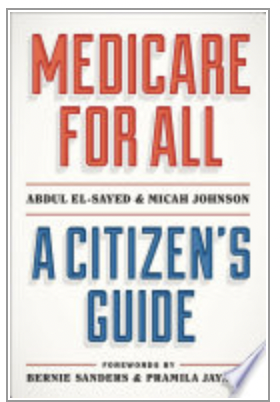
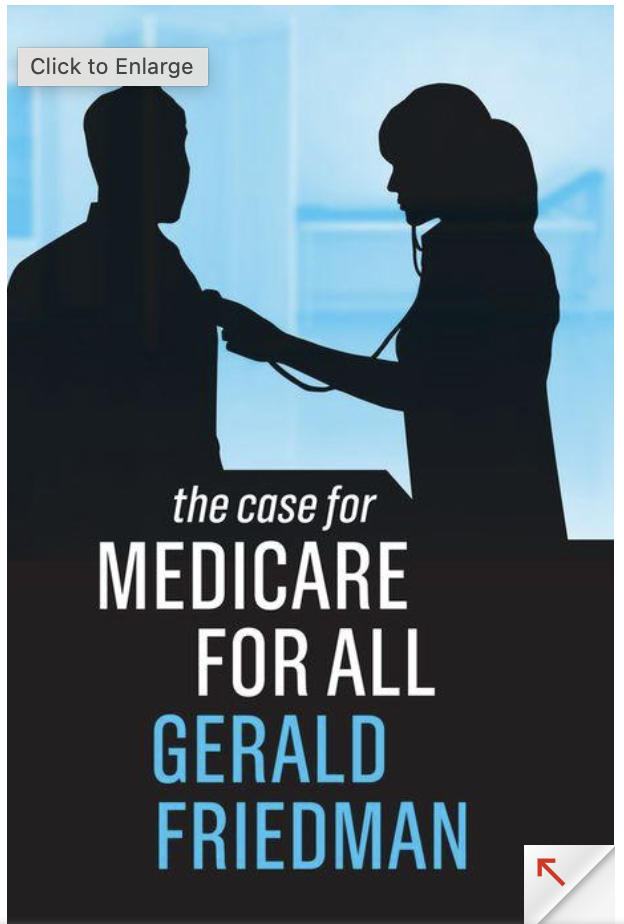
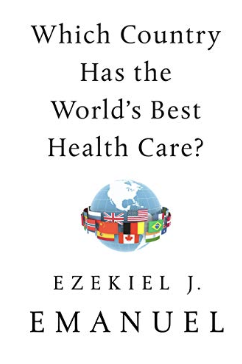


General Overviews

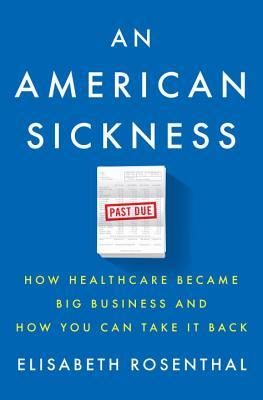
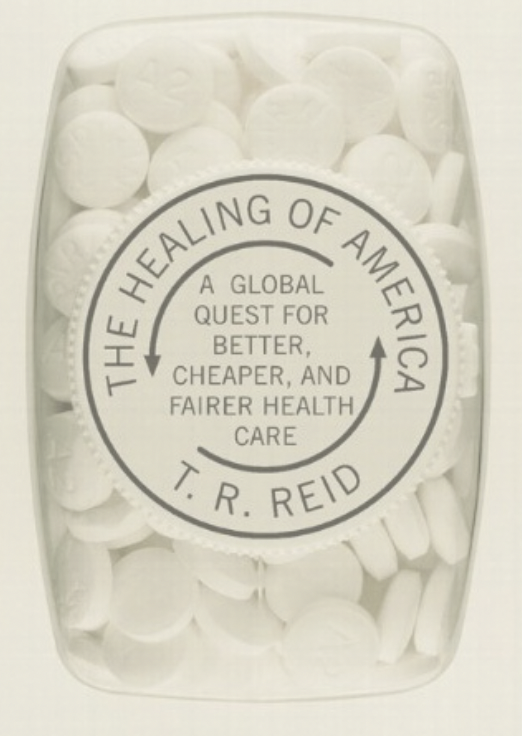

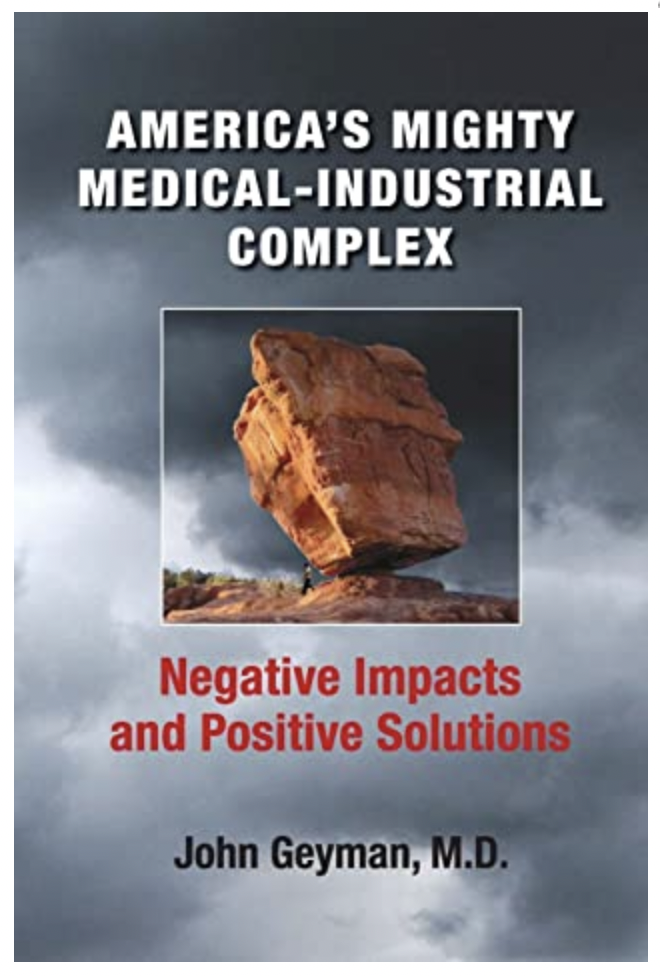
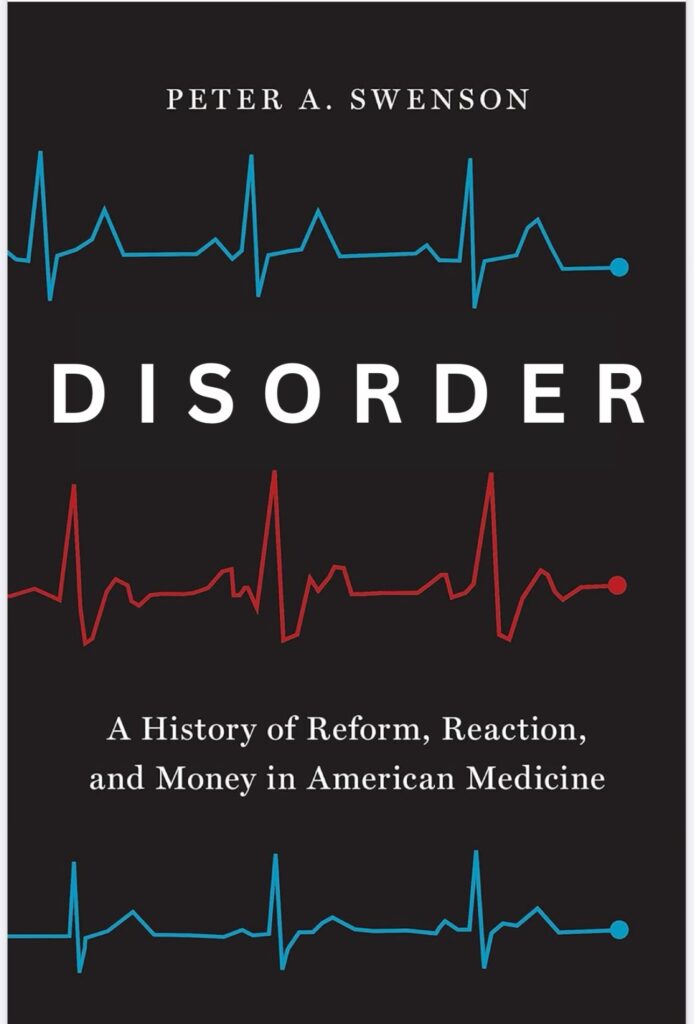

WealthCare / Private Equity
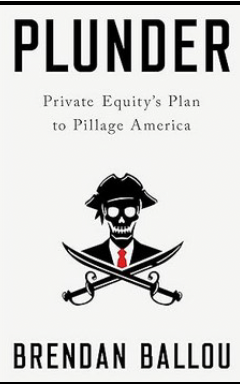
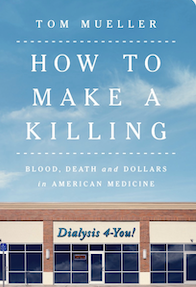


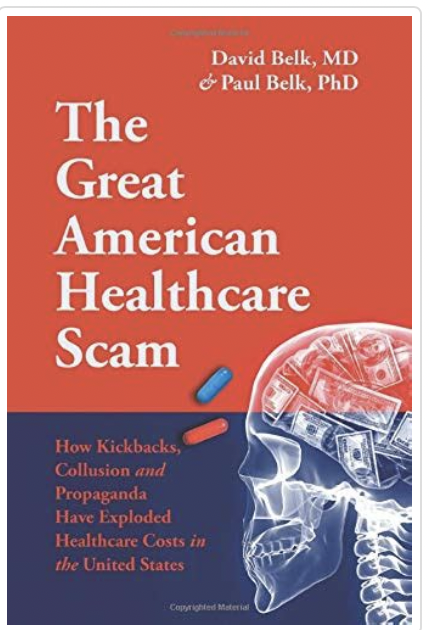
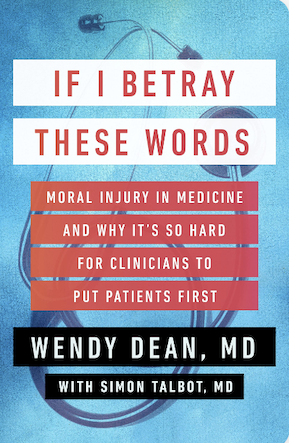

Historical Topic or Volume



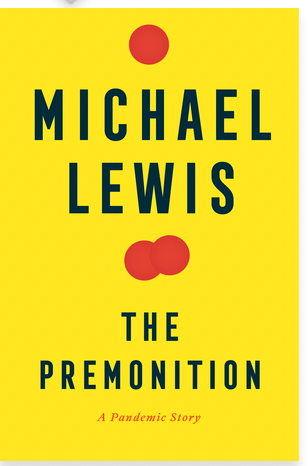



Podcasts (news & opinions)






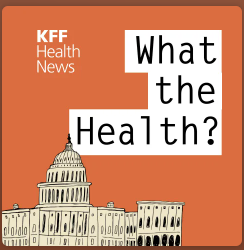
BOOKS
(A – Z)

According to Himmelstein and Woolhandler, the authors of the original article introducing the program championed by Physicians’ for a National Health Program, this latest book from Geyman, emeritus professor of Family Medicine at the University of Washington, former president of PNHP, and prolific writer is “the best guide to the corporate driven corruption that has overtaken health care, and how the search for profit elbowed aside medical ethics…” Copernicus Healthcare, 2021

“An American Sickness” by Elisabeth Rosenthal explains how unchecked capitalism has eroded healthcare’s focus on patient care. Each chapter adopts the perspective of one component – hospitals, insurers, medical devices, pharma, and physicians. Demonstrates that greater regulation, price transparency, and a shift towards genuine value-based care can begin to bring the patient back into the picture. She closes with strategies to prioritize patients’ needs over financial gain. 2017
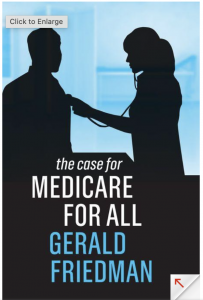
A good choice especially for someone new to the topic. Argues persuasively against health care as a commodity. 140 pages. 2020
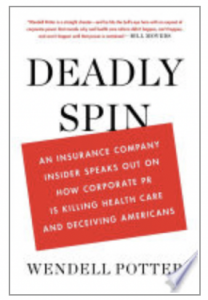
Potter describes in intimate detail how insurance companies manipulate public opinion in the service of shareholders, with deceptive studies and sympathetic media types calculated to mislead. He has been an outspoken commentator since the publication of this book in 2010. It’s still an instructive book.

Good Read!
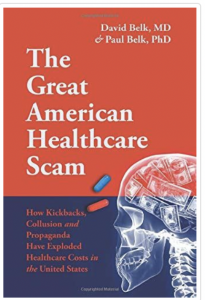
From Belk’s website: “I thought [it] was an obvious question: …What do all the products of healthcare actually cost? …How much do they really cost?” This is what he found: “No one appears to know what anything costs–not the people buying (the patient), not the people selling (the doctors and hospitals). …If no one knows what these costs are, how can this ‘market” be “free’?”
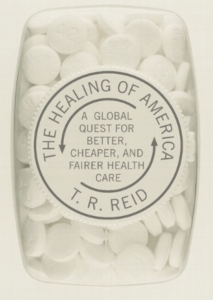
Reid travels the world with a bum shoulder getting diagnoses and treatment plans (and timetables) in a dozen countries (France, England, Germany, Japan, India etc.) to get an apples-to-apples comparison of different health care systems from a patient’s perspective. An easy introduction to the topic. 2009.

How to Make a Killing reveals dialysis as a microcosm of American medicine and poses a vital challenge: find a way to fix dialysis, and we’ll have a fighting chance of fixing our country’s dysfunctional healthcare system as a whole, restoring patients, not profits, as its true purpose. 2023

“A manifesto for our times! Wendy Dean diagnoses the dangerous state of our healthcare system, illustrating the thumbscrews applied to medical professionals by their corporate overlords. By making it impossible to do the right thing for patients, the profit-hungry system casually gouges the moral fiber of healthcare workers, threatening patient safety. Luckily, Dean lays out a path forward. Required reading for all stakeholders in healthcare.”—Danielle Ofri, MD, PhD, author of When We Do Harm: (2023)
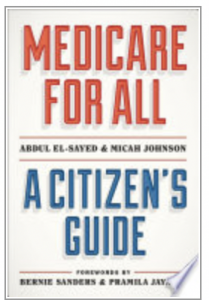
Abdul El-Sayed, MD, DPhil. Just a few years out of medical school, El-Sayed rebuilt Detroit’s Health Department after the City’s bankruptcy. He (and co-author Johnson) are known for using clear and simple terms to discuss complicated topics. In 3 sections–Overview, Policy, and Politics. Oxford Univ. Press, 2021
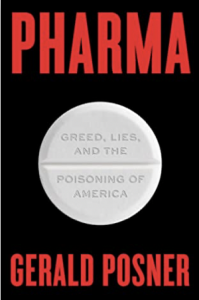
“Pharma, Greed, Lies, and the Poisoning of America,” by Gerald Posner, New York Times best-selling author and frequent TV commentator. Simon & Schuster, 2020. A “who-done-it” tracing the rise of OxyContin, the narcotic painkiller at the center of the opioid crisis, and the Sackler family’s dishonest role in creating the crisis.

In Plunder: Private Equity’s Plan to Pillage America, lawyer Brendan Ballou discusses the impact of private equity on the health sector (among others!). Ballou’s insights serve as a critical examination of how private equity’s strategic maneuvers in the healthcare sector and beyond can prioritize profit over public well-being and economic stability. Ballou explains the legal means PE uses to hide ownership and avoid liability for their financial abuses. (See NYT Review and Youtube interview.) Fortunately, he offers prescriptions for fixing the problem. (2023)
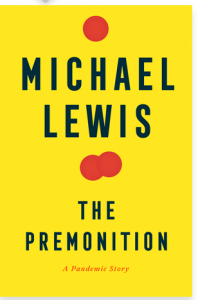
Subtitled “A Pandemic Story,” it’s really about this pandemic and how an unofficial team of scientists, public health experts, statisticians, and a policy wonk came together to do the work required to try to get ahead of the Covid contagion. Interesting story of how it started from a science-fair project by a 13-year-old shared with her father. 2021.

Reinhardt, an economist, was a giant of health policy, an originator of key concepts in the ACA (“Obamacare”), and seen as the “moral conscience of health care policy in the United States.” Priced Out elucidates the role of various stakeholders, from insurers to pharmaceutical companies, in shaping the landscape of healthcare affordability. 2019

Jena and Worsham show how our health is shaped by forces invisible to the untrained eye. Is there ever a good time to have a heart attack? Do you choose the veteran doctor or the rookie? Do you really need the surgery your doctor recommends? Random Acts of Medicine looks past the white coat to find out what really makes medicine work—and how it could work better. 2023

“The Social Transformation of American Medicine” by Paul Starr traces the evolution of healthcare in the United States from multiple independent streams to the lightly organized chaos we have today. Starr explores how medical practice became professionalized and institutionalized, and demonstrates how economic, political, and social forces have shaped the development of American medicine, leading to debates over access, quality, and equity. You’ll never again wonder how things got so bad after reading this history. 1972
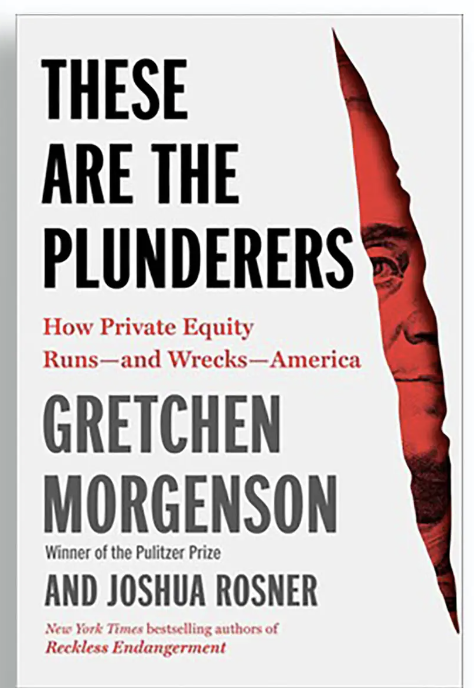
THESE ARE THE PLUNDERERS: How Private Equity Runs — and Wrecks — America, pp 383, Simon and Schuster. The writing style might be considered overblown–except that it’s generally accurately describing horrific events. 2023

In “Which Country has the World’s Best Healthcare,” Ezekiel Emanuel scrutinizes global healthcare systems through quality, accessibility, and cost-effectiveness metrics, to assess the strengths and weaknesses of different countries’ healthcare systems. Through rigorous analysis and comparative studies, he challenges common assumptions and offers nuanced perspectives on what constitutes effective healthcare delivery. Emanuel’s book serves as a thought-provoking exploration of healthcare systems worldwide, providing valuable insights for policymakers, healthcare professionals, and anyone interested in understanding the complexities of healthcare on a global scale.2022
PODCASTS

Through stories that illustrate the complex, opaque, expensive norms in healthcare, Dan Weissmann discusses why health care costs so freaking much, and what we can (maybe) do about it

KFF presents conversations that dive into timely health policy issues with experts for a deeper discussion beyond the news headlines. Can include panel discussions, webinars, as well as podcasts.


